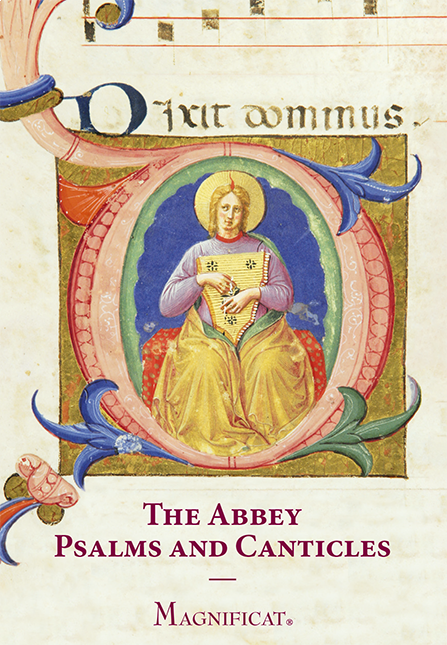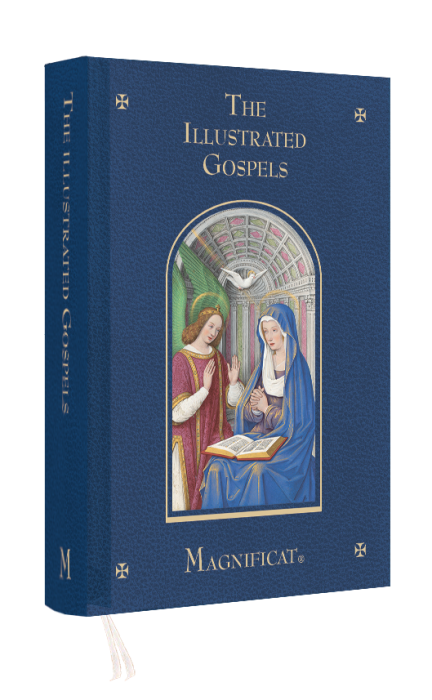Catholics revere the Holy Eucharist. The obligation to attend the Holy Sacrifice of the Mass on Sundays and Holy Days of Obligation is one of the most prominent characteristics of Catholic life. Moreover, Eucharistic adoration is a popular expression of Christian devotion.
Of course, each sacrament is an instrument of holiness. The Catechism of the Catholic Church explains, however, that the Eucharist enjoys a preeminence among all of the seven sacraments: “We speak of the Most Blessed Sacrament because it is the Sacrament of sacraments” (CCC 1330). The Eucharist resides at the heart of the Church’s sacramental life. Just as Easter stands at the center of the liturgical calendar (as the “Feast of feasts” and the “Solemnity of solemnities”), so the Eucharist is the “Great sacrament”—the “Sacrament of sacraments” (CCC 1169).
We recall that the sacraments are not empty signs or capricious symbols. The sacraments are not impersonal things. Rather, they are sacred instruments through which Jesus draws us to himself. The seven sacraments heal and transform all parts of human existence. They “touch all the stages and all the important moments of Christian life” (CCC 1210).
In baptism, we receive new life in Christ—we are configured to Jesus in the core of our being and rendered capable of receiving the Eucharist. Through Confirmation, we are united more firmly to Christ—marking us with “the seal of his Spirit” so that we can be his witnesses (CCC 1304). The sacraments of healing—Penance and Anointing of the Sick—extend to the afflicted our Lord’s “work of healing and salvation” (CCC 1421). The sacrament of matrimony “gives spouses the grace to love each other with the love with which Christ has loved his Church” (CCC 1661). Finally, through the sacrament of Holy Orders, a man is configured to Christ for service in the Church by teaching, divine worship, and pastoral governance (CCC 1592).
Jesus came to save us—and he came to save us in our totality. There is no part of the human condition that stands outside of the saving touch of Jesus. And our Lord himself works in and through each of the seven sacraments “for the transformation of men” (CCC 1074). He is the center of all seven sacraments.
Consequently, the Catechism teaches that “the Eucharist is the ‘Sacrament of sacraments’”—“all the other sacraments are ordered to it as to their end” (CCC 1211). They are all “bound up with the Eucharist and are oriented toward it.” Indeed, “in the blessed Eucharist is contained the whole spiritual good of the Church, namely Christ himself” (CCC 1324). Because Jesus is the core of the Christian life, the Eucharist is the nucleus of the Church’s liturgical life.
Why is the Eucharist the “Sacrament of sacraments”? Jesus is the beginning and the end of all the sacraments. They all come from him and order us to him. And the “real presence” of Jesus is found in the Most Blessed Sacrament of the Altar. “The great sacrament” of the Eucharist is never an afterthought for the Catholic. It stands at the forefront of a Catholic’s sacramental devotion and reverence. All devout believers—all those who live a fully sacramental life—order their lives around the Eucharist.
Because the Eucharist is nothing less than Jesus himself.








